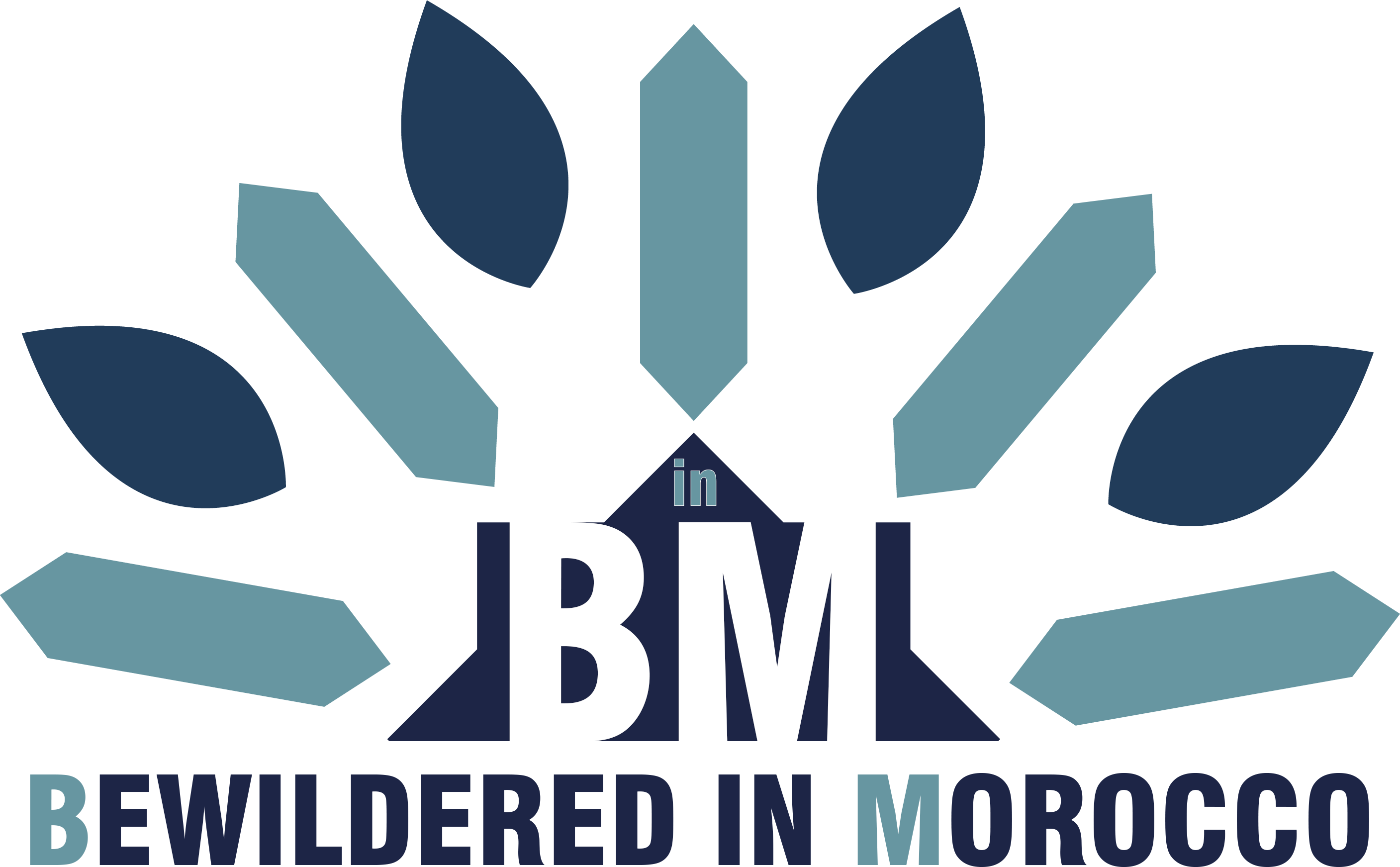When we talk about unique Eid Al-Adha celebrations, few are as fascinating as the Boujloud Carnival of Morocco. Also known as “Bilmawen” in Amazigh language, this centuries-old tradition transforms the streets of Dcheira, Agadir, into a vibrant spectacle during the second day of Eid.
Ancient Origins
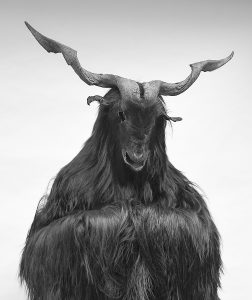
The origins of Boujloud (meaning “father of skins”) predate Islamic influence in Morocco. Some anthropologists trace its roots to pagan rituals, while others attribute it to Roman or Jewish influences. Regardless of its origins, this festival has evolved into a uniquely Moroccan tradition that bridges ancient customs with contemporary celebrations.
The Festival Preparation
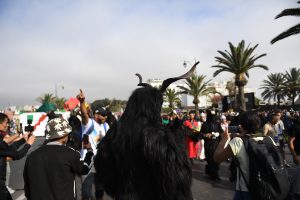
Days before Eid Al-Adha, young men from Dcheira begin collecting animal hides from butchers and local families. These hides, primarily from sheep sacrificed during Eid, undergo careful preparation:
- Thorough cleaning in remote forest areas
- Natural drying process
- Treatment with orange blossom water to eliminate odors
- Careful preservation to maintain their integrity
The Carnival Experience
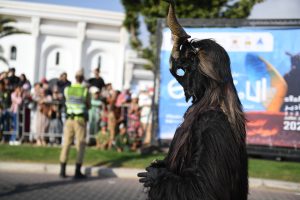
As evening falls on the second day of Eid, the streets of Dcheira come alive. Performers wearing the treated animal hides dance through the streets to the rhythm of traditional Amazigh music. The carnival centers around the municipal stadium, where spectators gather to witness this unique spectacle.
Cultural Significance
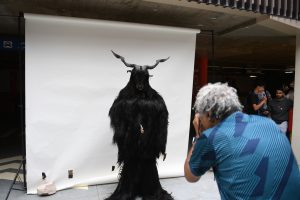
One of the most intriguing aspects of Boujloud is its believed blessing-giving properties. Performers carry sticks made from sheep or goat legs, gently tapping spectators – a gesture believed to bring good health and fortune for the coming year. Recipients traditionally offer small monetary gifts in return.
Modern Perspectives
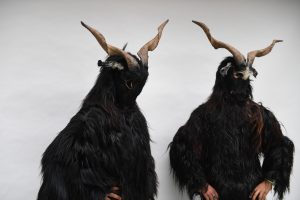
While Boujloud remains a popular attraction drawing visitors from across Morocco, it faces some controversy. Supporters view it as an important piece of Amazigh cultural heritage and a valuable tourist attraction. Others question its compatibility with Islamic traditions. However, organizers emphasize its role in preserving cultural identity and providing positive engagement for local youth.
A Living Heritage
Today’s Boujloud Carnival, managed by the Regional Association of Bilmawen Carnival in Dcheira, represents a fascinating blend of tradition and modern festival culture. It stands as a testament to Morocco’s rich cultural tapestry and ability to preserve ancient customs while adapting to contemporary times.
Have you experienced the Boujloud Carnival in Dcheira? Share your thoughts about this unique tradition in the comments below!
